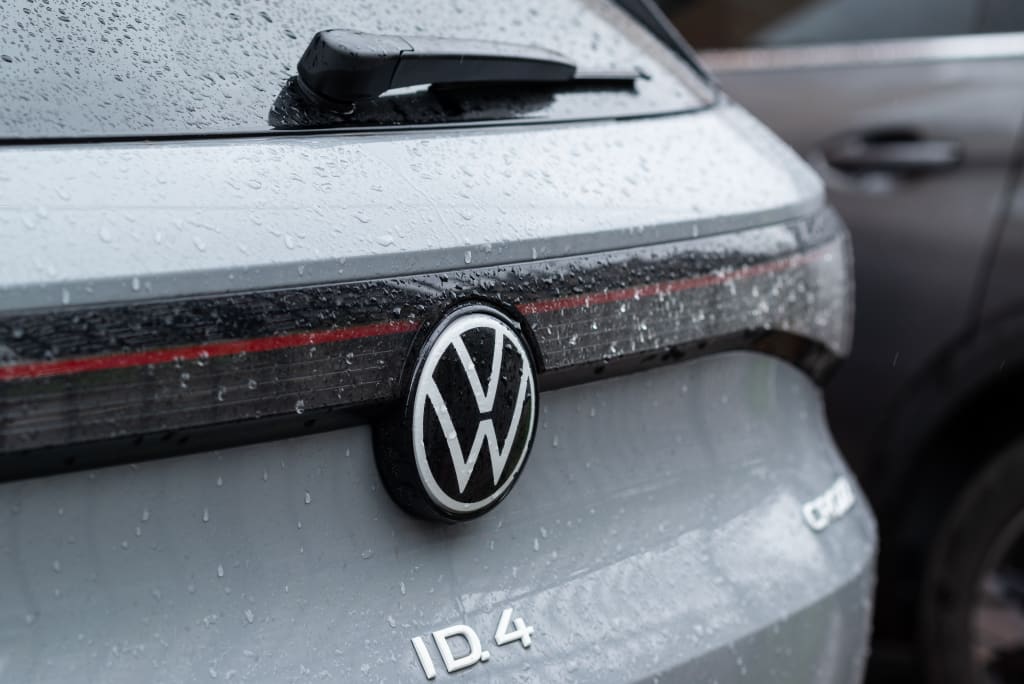The development of EVs is key for the progression of the automotive industry. Currently, Chinese players and pure EV OEMs are leading the way as the market moves increasingly towards software designed vehicles. Legacy OEMs are falling behind and are struggling in the race. VW is the most recent OEM of many to delay the release of its future flagship technology. “Project Trinity”, a key part of VW’s next generation is said to be delayed by over half a decade to the early 2030s.

VW delays technology
Trinity was slated to be VW’s flagship vehicle on its Scalable Systems Platform (SSP) in 2026. The SSP being its next generation platform offering faster charging, enhanced horsepower capabilities as well as level 4 autonomous driving features. In 2022, Trinity was delayed from 2026 to 2030, now it has been delayed to 2032. This comes as the company has grappled with software issues, overrunning costs, and uncertainties in the EV market.
The SSP will still be released towards the end of the decade, relying upon an adapted version of Rivian’s electrical/electronic (E/E) architecture and software following its USD5 billion deal with the company.
Other OEMs delaying facing issues with technology
Stellantis is another legacy OEM having issues with its software technology. At the end of July, it was reported that the company was facing delays in deliveries of the Citroen e-C3, a flagship affordable EV model designed to compete with Chinese counterparts. The release has now been delayed after it faced issues with its software.
Similarly, Volvo’s EX90 is only coming to market this year, nearly two years after it was slated for release. However, even when the first deliveries come Volvo has warned that many key features may not be available. Both these occurrences are again down to software issues.
Elsewhere Porsche, has face multiple issues with its software, delaying its 2025 Porsche Macan whilst GM is facing issues with its EVs currently on the road.
Rho Motion’s evaluation, the rise of the software designed vehicle lead by China
Software has become significant in EVs universally, with it now a significant factor in the consumer decision making process when buying a new car. China is leading the way in this space, most notably this was seen at this year’s Beijing Auto show, where autonomous technologies took centre stage as a key for the future of the EV market.
Many Chinese EV players are able to offer more advanced driving technology and software at lower prices compared to legacy OEMs. Subsequently, many legacy OEMs are teaming up with Chinese players to counteract this. Stellantis and Leapmotor, VW and Xpeng, or Audi and SAIC are a handful of examples.
More information
For more information on how our research can support you, get in touch.
Image Credit: Adobe Stock
For full access to our news and insights, log in to our Membership Platform
If you’re not yet a member and would like a trial, fill in the form below.

 Back to News
Back to News